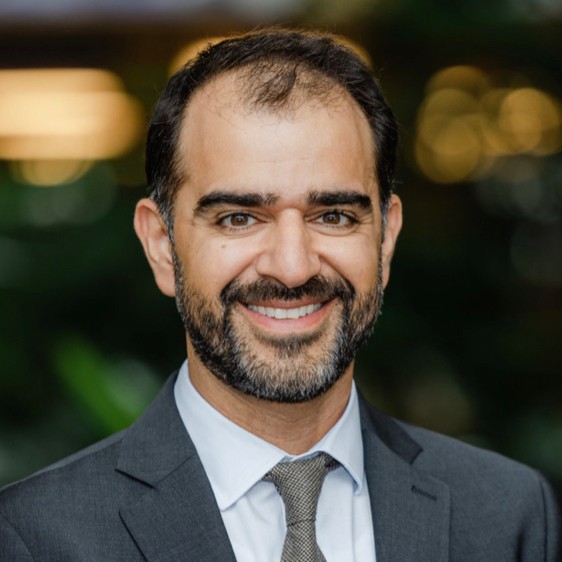There's a huge shift happening from petro to bio: in September the White House issued an executive order developing a strategy for the $1T US Bioeconomy. In March it published a set of 'bold goals'. I'm going to highlight some of the key people turning the wheels of government.. 

.@glagoudas serves as the Senior Advisor for Biotechnology and Bioeconomy at the White House Office of Science & Tech Policy. Georgia is responsible for implementing the Executive Order. 

Ali Douraghy is the Principal Deputy Under Secretary for Science & Innovation at the U.S. Department of Energy (DOE), where he leads oversight responsibilities for a $15 billion portfolio of activities. 

Sanah Baig is the Deputy Under Secretary for Research, Education, and Economics at the United States Department of Agriculture (USDA) in her role as Deputy Under Secretary, Baig manages the more than $4 billion enterprise for science, technology and innovation. 

Christ Szakal serves as the Acting Director of the NIST Program Coordination Office (PCO), which is part of the Department of Commerce. He has worked extensively in interagency coordination efforts and on the bold goal around bio based chemicals. 

Theresa Good is the Acting Deputy Assistant Director at @NSF. She works on the Bold Goals for U.S. Biotechnology and Biomanufacturing, emphasizing economic growth and societal challenges. #NSF 

• • •
Missing some Tweet in this thread? You can try to
force a refresh

 Read on Twitter
Read on Twitter








